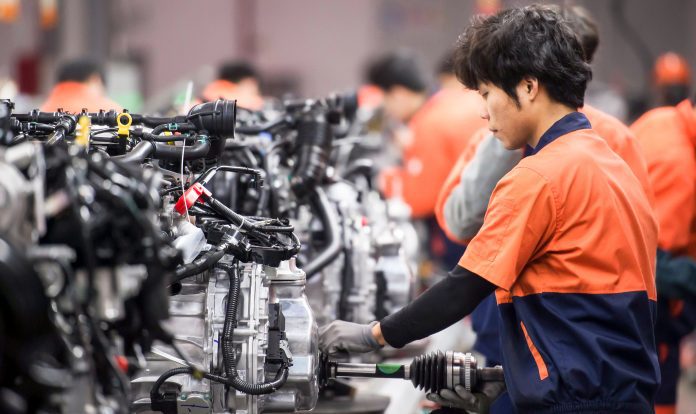According to an exclusive Reuters report, the U.S. Commerce Department is set to propose a ban on the use of Chinese software and hardware in connected and autonomous vehicles on American roads due to escalating national security concerns. The proposed regulation, expected to be unveiled on Monday, would prohibit importing and selling vehicles from China equipped with key communications systems or automated driving technology.
The move is part of the Biden administration’s broader effort to address growing worries about Chinese companies’ data collection on U.S. drivers and infrastructure and the potential for foreign manipulation of vehicles connected to the internet. President Joe Biden initiated an investigation earlier this year to assess whether Chinese vehicle imports pose a security risk due to their connected-car technology. This new regulation marks a significant escalation in U.S. restrictions on Chinese vehicles, software, and components.
Commerce Secretary Gina Raimondo has voiced concerns about Chinese hardware and software risks in U.S. vehicles. “You can imagine the most catastrophic outcome theoretically if you had a couple of million cars on the road and the software was disabled,” she said. The proposed rule aims to mitigate these threats by banning Chinese-made communications or navigation systems that could be exploited.
The Biden administration has also been tightening restrictions on Chinese imports. Last week, steep tariffs were imposed on Chinese EVs, batteries, and key minerals, including a 100% duty on EVs. This is part of the broader strategy to safeguard the U.S. automotive supply chain from foreign adversaries.
According to sources, the proposed prohibitions would affect nearly all new vehicles sold in the U.S., many of which are considered “connected,” with onboard network hardware that allows internet access and data sharing with external devices. The Commerce Department intends to allow public comments for 30 days before finalizing the rules, which would go into effect for software by the 2027 model year and hardware by January 2029 or the 2030 model year.
The ban would cover a range of technologies, including certain Bluetooth, satellite, and wireless features, as well as autonomous vehicles capable of operating without a driver. In addition to China, the prohibitions would extend to other foreign adversaries, such as Russia.
The automotive industry has raised concerns about the feasibility of these changes. Major automakers, including General Motors, Toyota, Volkswagen, and Hyundai, have warned that swapping out hardware and software would require extensive engineering, testing, and validation. This process could not be easily accomplished. Despite these concerns, the Biden administration is moving forward to ensure that U.S. vehicles remain secure in an increasingly connected world.
The White House emphasized that connected vehicles, much like smartphones, are linked to critical infrastructure and sensitive data systems, making their protection essential for national security.



